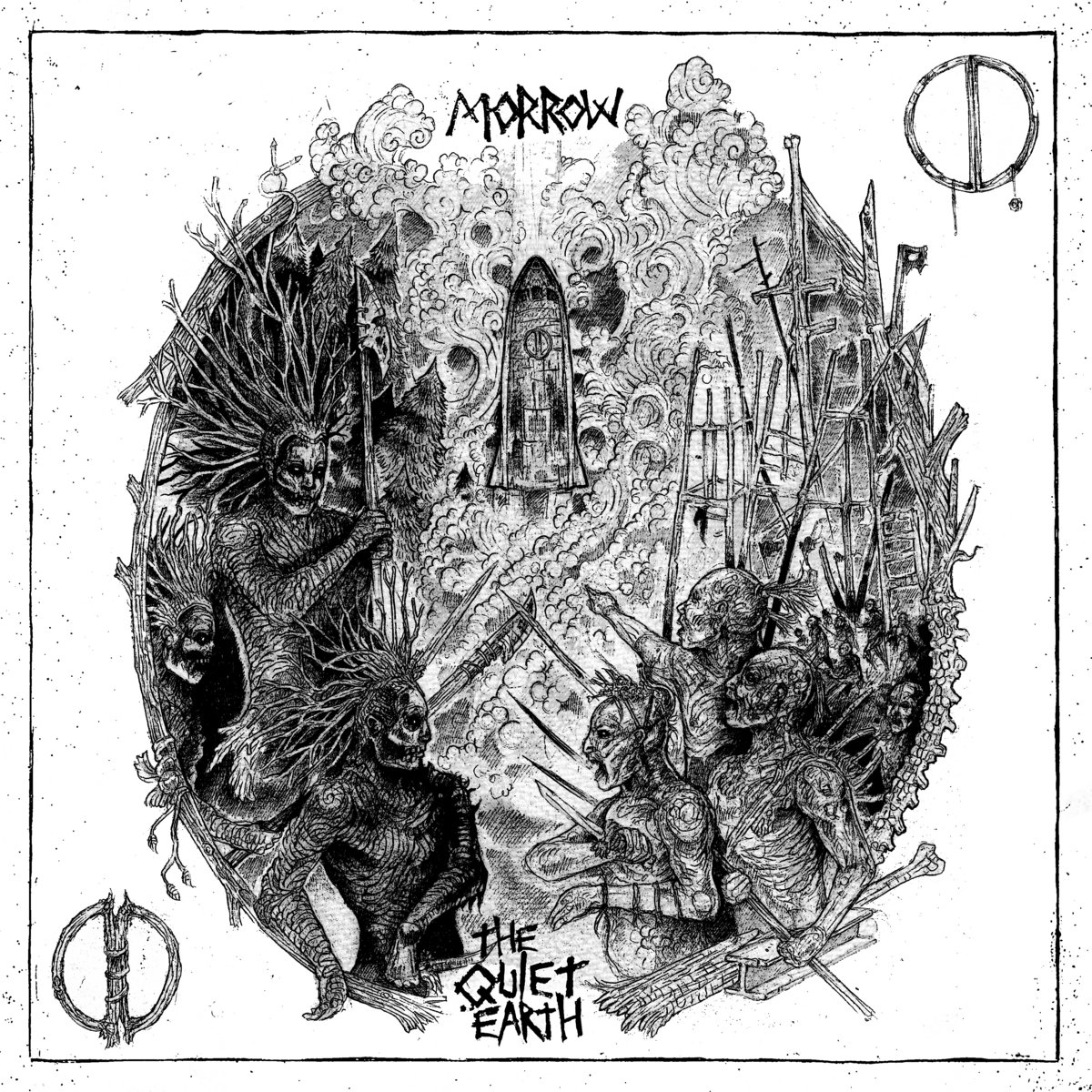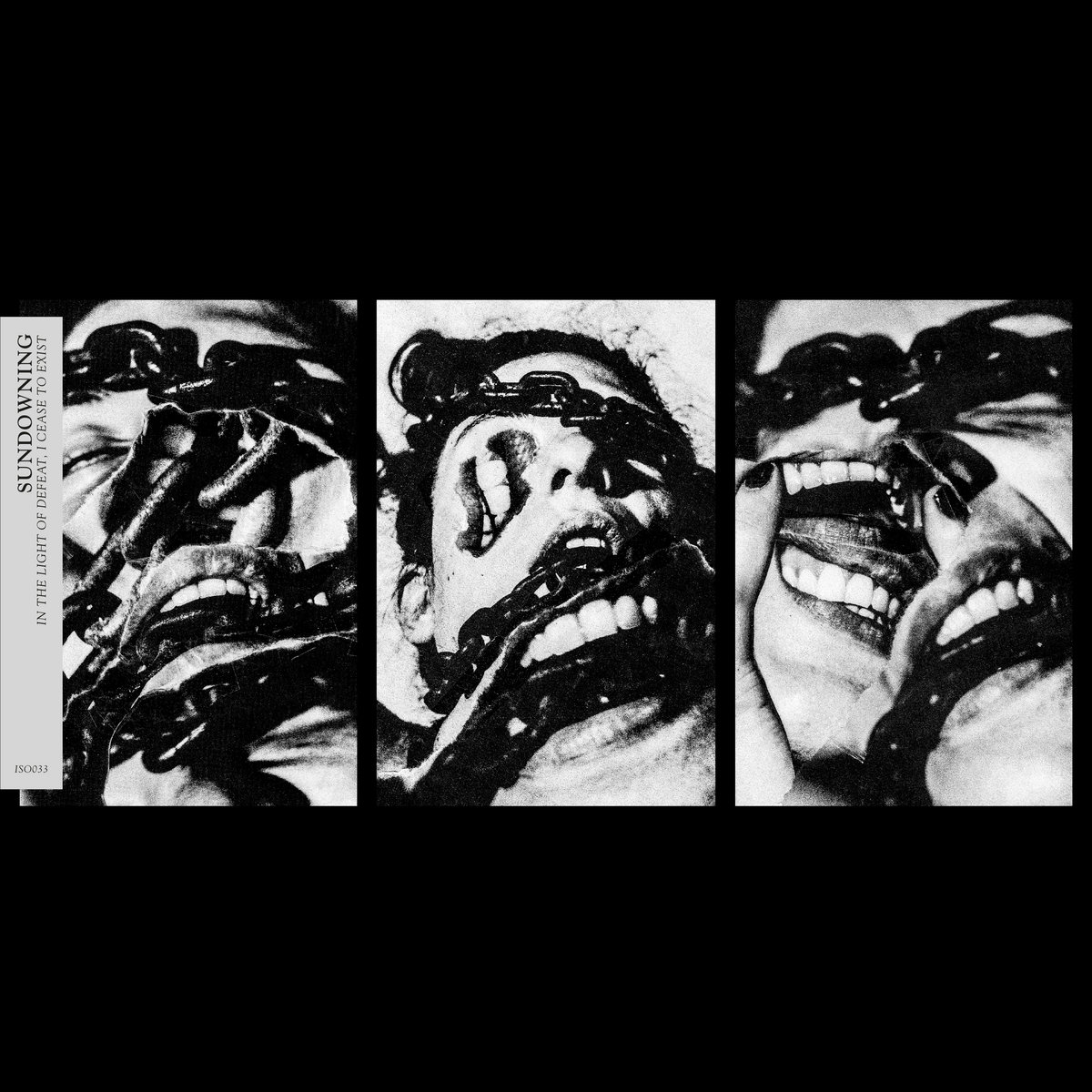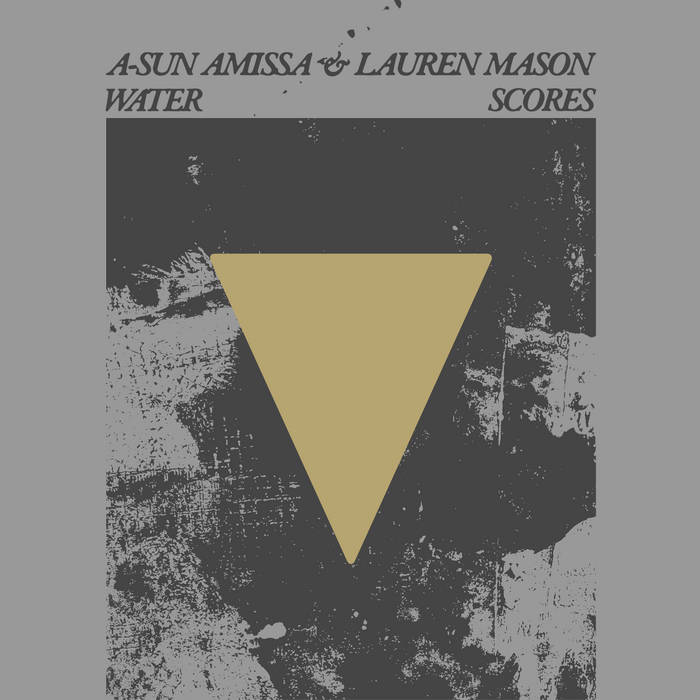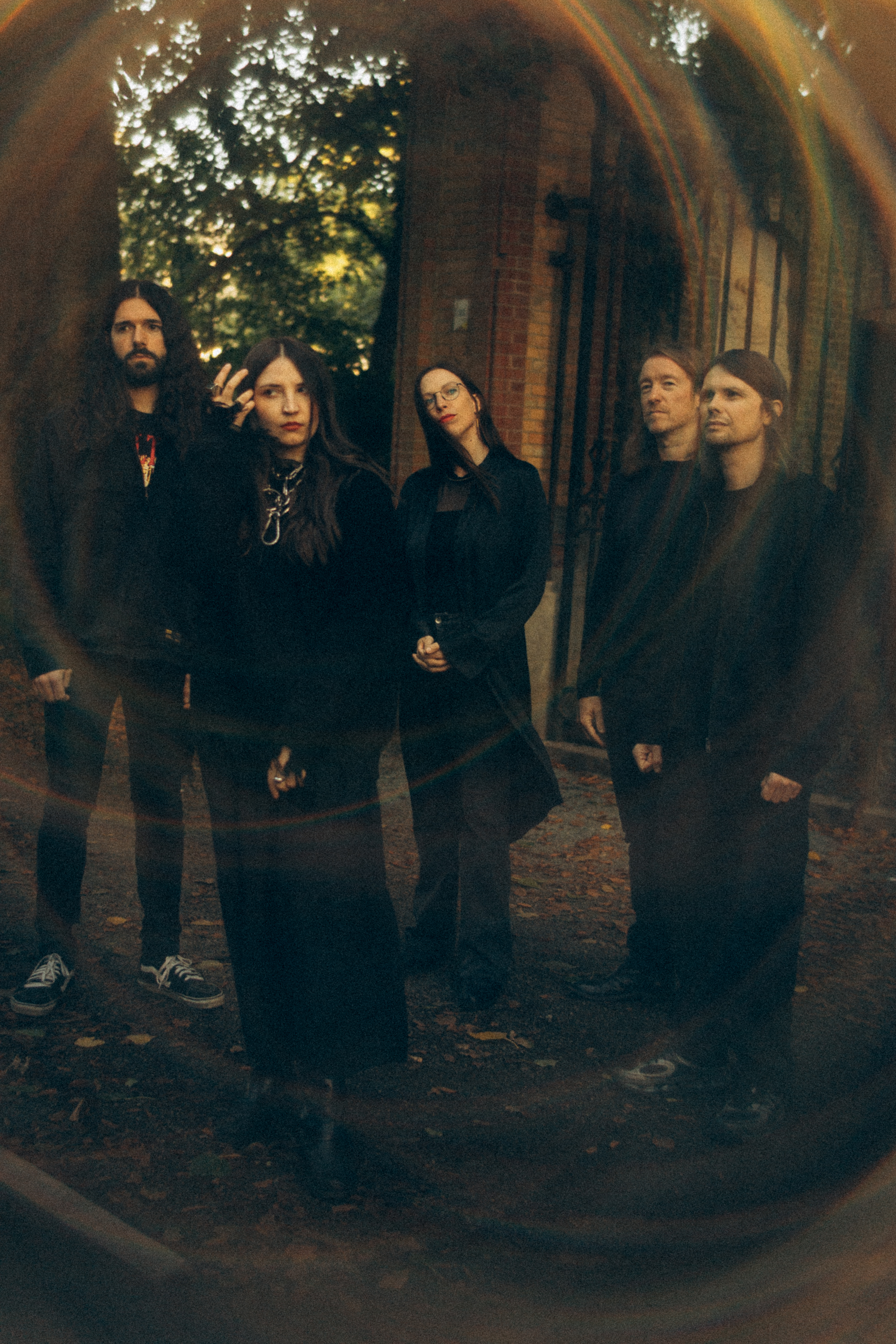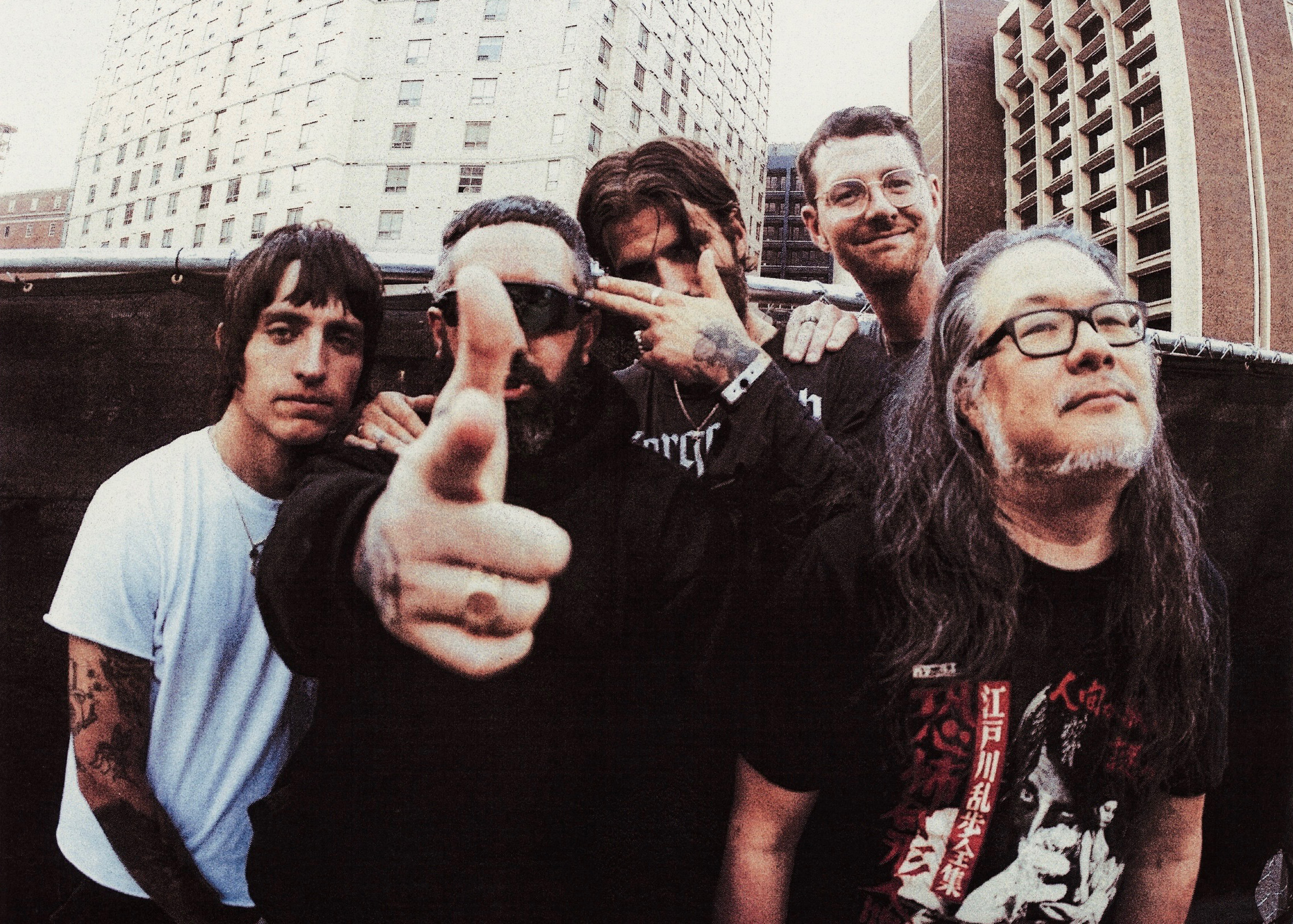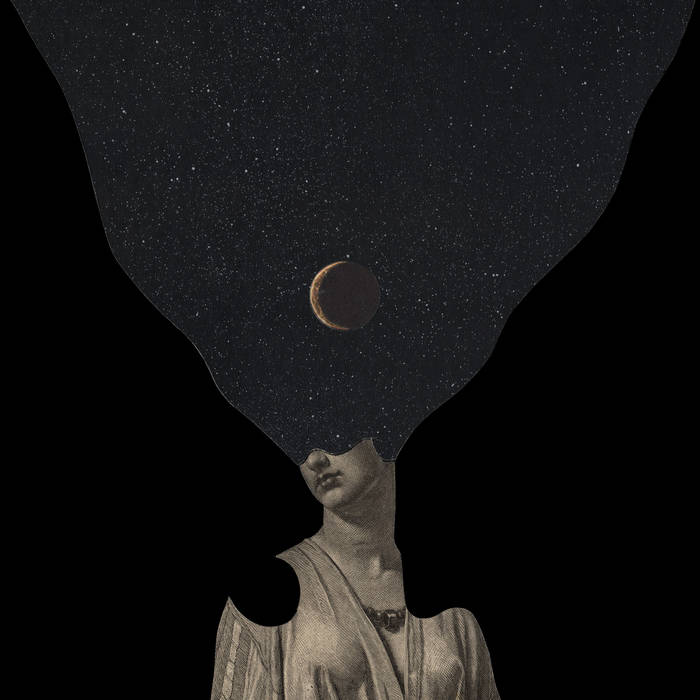It’s been a little over four years since the release of “Fallow”, Morrow’s sophomore album, but now they’re finally back with their third album, called “The Quiet Earth”, and the continuation of the post-apocalyptic sci-fi epic, spanning three bands and seven albums!
In case anyone missed it, I’ve got a real soft spot for Alex CF and all his projects. On the off chance that you’re not familiar with this person, don’t worry – here’s my interview with him from late last year.
It’s been roughly 12 years since I got to experience the music of Fall of Efrafa, and Alex CF, for the first time through their magnum opus and last album, “Inlé” (2009). I was sold. I didn’t know it was possible to write music this heavy while at the same time being this evocative, blending genres like crust punk with post-metal and adding a cello to it. On paper, it shouldn’t work, and yet..
Since then, he’s been involved with nearly a dozen different projects, most of which share one thing – Conceptuality. Fall of Efrafa was largely based on “Watership Down”, by Richard Adams, whereas the next project, Light Bearer, had its conceptual origins in the “His Dark Materials” novels, by Philip Pullman, as well as John Milton’s epic poem, “Paradise Lost”. Following the untimely demise of the latter band, Alex seemingly decided it was time to start a band based on a conceptual story he would write himself, only.. One band wouldn’t be enough to tell this epic tale. No – We’ve got three bands sharing a narrative told from different points of view.
There’s Archivist, which reminds me of the old sci-fi classic “Silent Running” (1972), and “I Am Mother” (2019), telling the story of a colony spaceship calamity escaping from a dying Earth resulting in a girl, the last Archivist, being raised by an artificial intelligence. This through a trilogy of albums called “Archivist” (2015), “Construct” (2017) and, “Triumvirate” (2019).
Simultaneously, back down on Terra Firma, we’re met with a post-apocalyptic landscape finally on the mend after a global cataclysm dozens of centuries ago, resulting in the near-extinction of the human race. The remaining population retreated to various pockets around the world into a technologically devolved tribe-like society, which very much reminds me of the video games “Horizon: Zero Dawn” (2017), and its sequel “Horizon: Forbidden West” (2022), minus the machines. Here we find Anopheli, a tribe with a certain mosquito worship, complete with masks adorned with proboscises, chronicled in the album “The Ache of Want” (2015) by the band with the same name, and last, but certainly not least, we have Morrow, who tells the story of the Norr, a nomadic tribe that worships nature and its deities.
Yes, it’s all very elaborate and I hope Alex will one day adapt these stories into a series of novels (yes, he’s an author too), as I’m sure I’ve misinterpreted plenty here, but that’s also the beauty of this entire project. By setting a stage, of sorts, we’re invited into this universe with a frame of reference within which we can let our imagination run wild, supported by the lyrics, music, and artwork.
“The Quiet Earth” is the latest and possibly final chapter in this epic saga. Much like the previous two albums, “Covenant of Teeth” (2016) and “Fallow” (2017), this album is filled to the brim with guest vocals from various bands, friends, and family, which provides a lot of variation, giving a sense that everyone in this tribe’s got a voice. Despite being the longest record of the three, it somehow feels like the shortest, clocking in at nearly 44 minutes. Then again, compared to the other two, this one’s got considerably more momentum behind it, right from the start. I feel like production’s improved compared to the previous records, and the strings are really shining through, adding so much emotional depth. What’s also impressive is that I can’t really tell that all these guest vocals weren’t recorded at the same time and place. The art of painting a vivid and vibrant image through words and music is one that Morrow’s mastered, and The Quiet Earth is truly a testament to that, with its intricate lyrical themes, guest vocals, and epic emo crust of the absolutely highest order.
“Countless moments chronicled! Of lost fortunes and grave missteps! Amongst your living memory! All are welcome, for the morrow..” – Of Sermons and Omens to Mend, by Morrow

